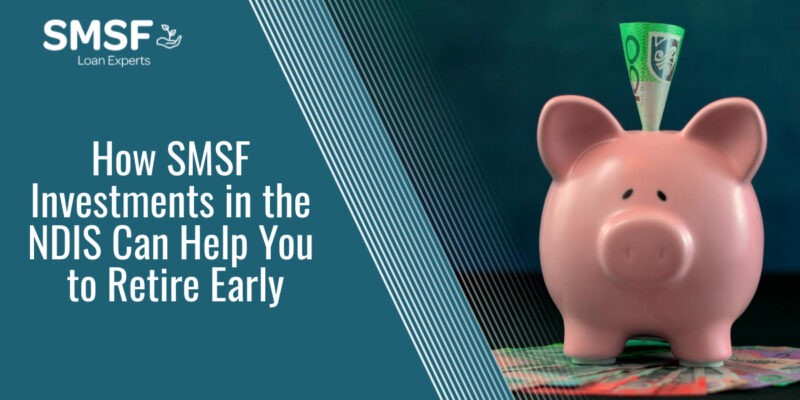Early retirement is a goal for many Australians. Whether or not you can achieve that goal depends on how much super you accumulate before retirement. It also depends on factors such as:
- How your super continues to perform when you’re in retirement.
- The type of lifestyle you want to lead.
- How long you live for.
- Whether your superannuation forms part of your inheritance to loved ones when you pass away.
When looking to achieve a sufficient superannuation balance and an early retirement, it’s important to get the assets right. A property type that many of our clients are considering investing in is NDIS accommodation (known as specialist disability accommodation or SDA).
If you’re wondering how much super you might need to be able to achieve early retirement or would like some more of our top tips to help you arrive at an early retirement date, keep reading.
How much money do you need to retire?
According to the latest estimates of the Association of Superannuation Funds of Australia (ASFA), a couple needs to have a combined super balance of $640,000 to live a comfortable lifestyle, and a single person needs $545,000.
Australians are spending longer and longer in retirement as life expectancies increase. According to a recent study, the average retirement age in Australia is 55. This is despite the current preservation rules meaning you can’t access your super tax-free until the age of 60, which points to the fact that many Aussies are achieving an early retirement — here’s how you can too!
Tips to help you retire early
There are a range of strategies you can use to help you retire early.
Tip 1: Plan for your retirement as early as possible
It’s an old saying, but it’s true: those who fail to plan, plan to fail.
Having a financial plan in place as early as possible is crucial to help you achieve your early retirement goal. You should seek professional advice based on your specific circumstances, needs and goals.
Tip 2: Prioritise repaying non-deductible debt
Living rent and mortgage free is key to retiring early. Mortgage or rent payments are usually the most significant household expense. If you can eliminate that expense as soon as possible, you will have more money available to invest in your future before you retire and lower living expenses throughout retirement.
Tip 3: Maximise your investment into superannuation
Super is a tax-effective investment vehicle in Australia because super contributions and investment earnings are taxed at the concessional rate of just 15% (provided you stay within contribution cap limits). This rate is lower than the lowest marginal income tax rate.
Tip 4: Invest wisely
Investing in capital growth assets before retirement may help you increase your super. If you have an SMSF, you can invest directly in property assets (an option you don’t have with other types of super funds). You can borrow to invest under a limited recourse borrowing arrangement.
Property has a long-term history of providing capital growth for Australian investors. A specialist type of property investment has become available over the past decade or so in Australia. It is specialist disability accommodation (SDA) that provides suitable accommodation for Australians living with disability. The benefit of SDA investment for investors, aside from helping community members with disability find independence is greater investment returns than standard property investment. The reasons for this are two-fold:
- Demand for SDA is forecast to be high for the foreseeable future, and:
- Tenant rental income on SDA is Government-backed and typically higher than the rental returns on comparable non-SDA investment properties.
How to access an NDIS investment property within your SMSF
At SMSF Loan Experts, we are experienced in helping SMSF trustees access the direct property investments they desire to build a portfolio that meets their retirement objectives. We work with numerous industry professionals, including specialists in NDIS investments.
Let SMSF Loan Experts help you help fellow Australians while arriving at your retirement date sooner.







